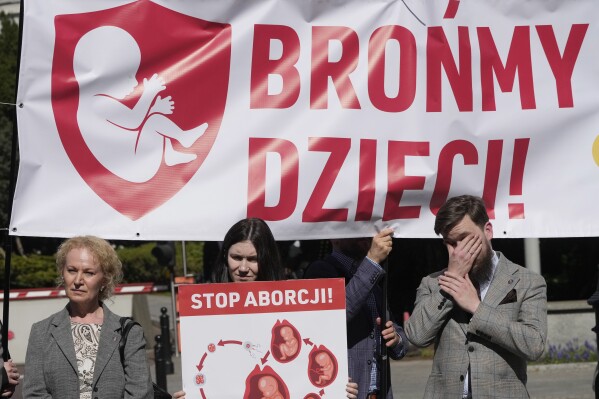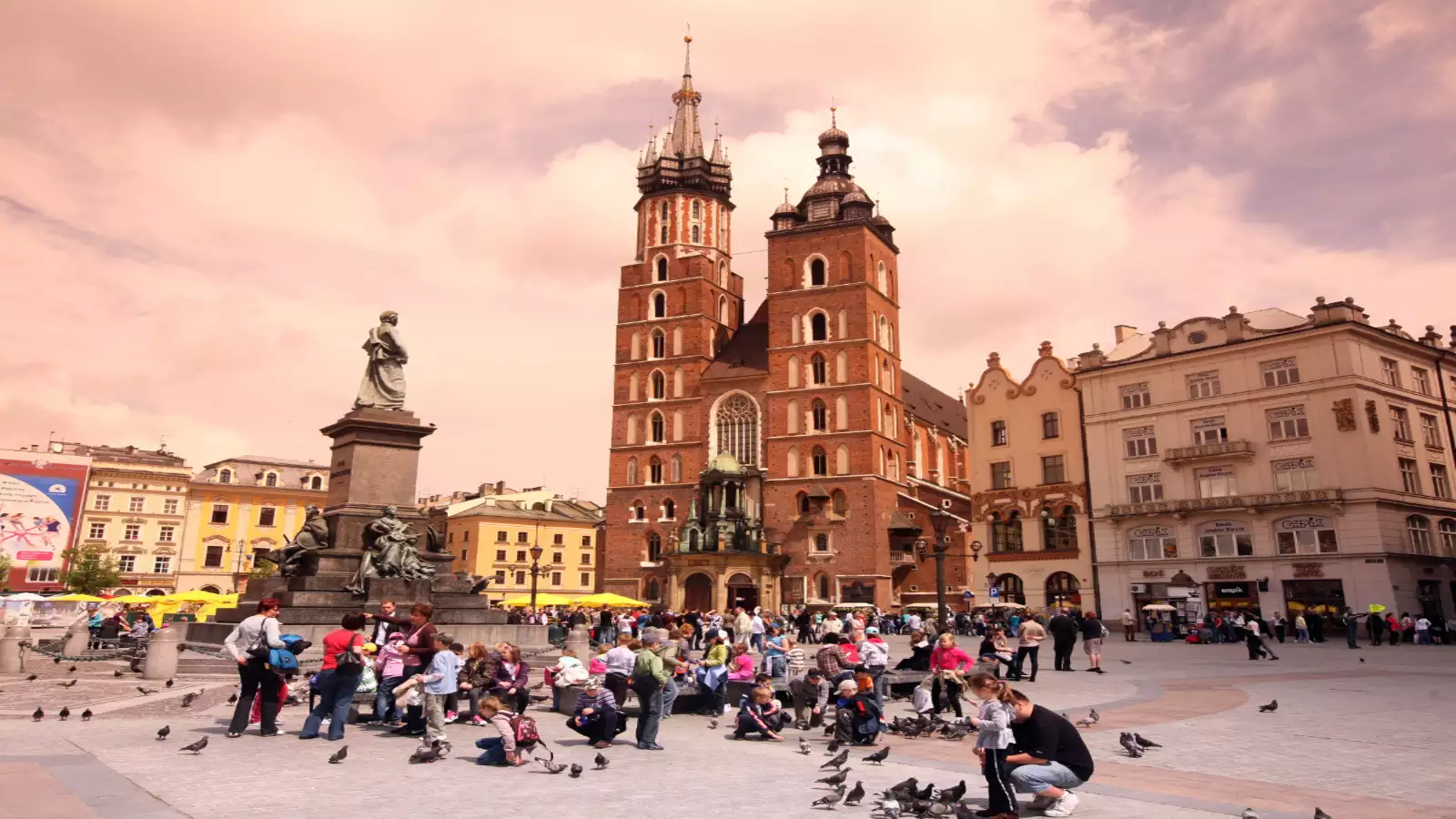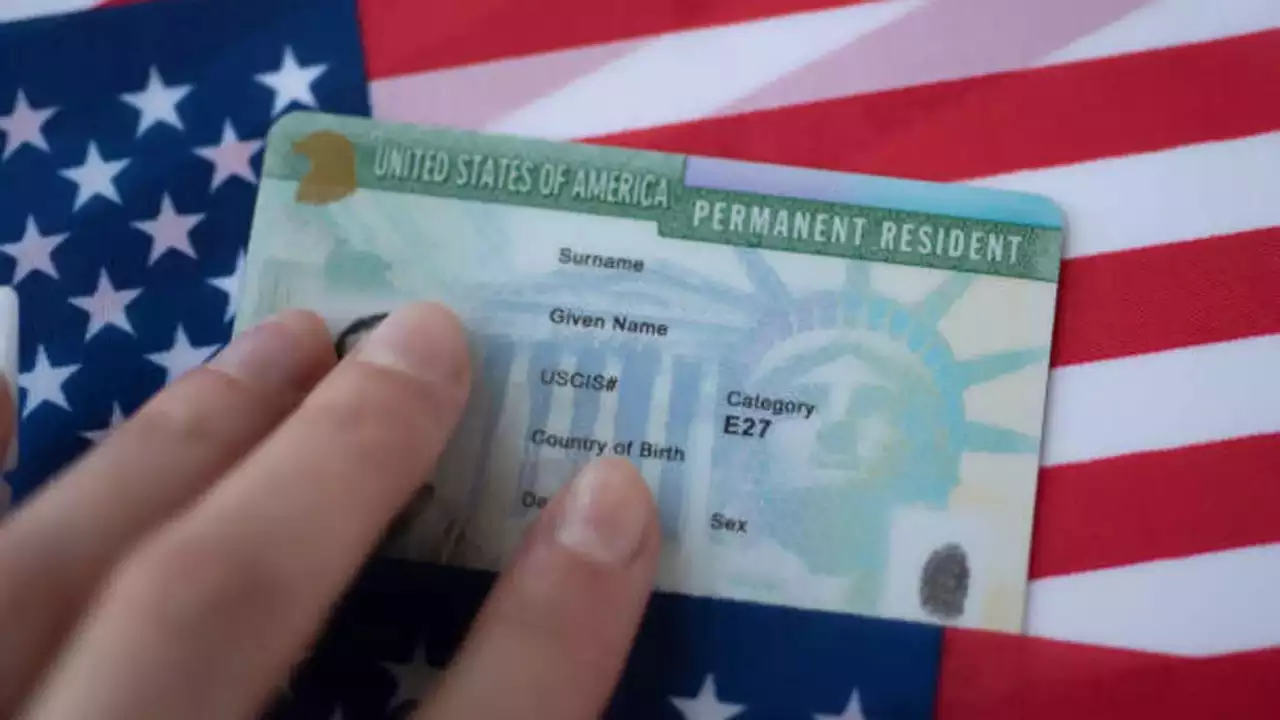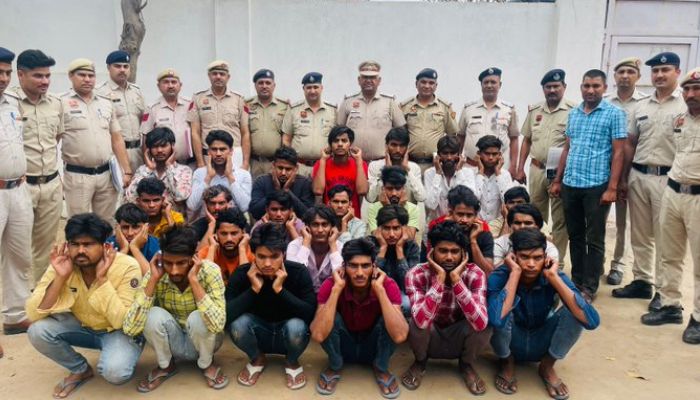Abortion laws in Poland are among the strictest in Europe. One of the most important aspects to understand is that helping someone get an abortion can result in legal consequences, including up to three years in prison. But what does this really mean in practice? Let’s explore the details, the challenges people face, and the options available.
The Legal Status of Abortion in Poland
Abortion in Poland is highly restricted. It is only legal under very limited circumstances:
- When the pregnancy is a result of rape or incest (requires confirmation from a prosecutor).
- When the pregnancy poses a serious threat to the woman's life or health.
Previously, abortion was also allowed in cases of severe fetal abnormalities, but this exception was removed in 2020, making legal abortions even rarer.
What Does "Abortion Assistance" Mean?
The law not only restricts abortion itself but also punishes those who help someone obtain one. But what exactly counts as "assistance"?
- Providing information about where to get an abortion, especially outside Poland.
- Helping someone travel to another country for an abortion.
- Providing abortion pills or helping someone get them.
- Arranging medical procedures related to abortion.
Doctors, activists, and even friends or family members who help a woman terminate her pregnancy could face legal consequences. This has created a climate of fear, where people are often afraid to even talk about abortion openly.
Challenges Faced by Women Seeking an Abortion
Because of these strict laws, many women in Poland face significant challenges, such as:
- Delays in getting medical care, even in cases where abortion is legal.
- Having to travel abroad, often at great personal expense and risk.
- Fear of being reported if they seek information or assistance.
- Emotional and mental stress caused by the lack of options.
For those who need an abortion but do not qualify under the legal conditions, the options are very limited. Many turn to traveling to other countries, such as Germany or the Netherlands, where abortion laws are more lenient. Others resort to ordering abortion pills online, which carries its own risks.
Practical Advice for Women Seeking Help
If you or someone you know is facing this situation, here are some practical steps to consider:
- Know your rights: Understanding the exact legal framework can help you make informed decisions.
- Seek legal medical options: If you qualify under the legal exceptions, consult a doctor as soon as possible.
- Consider international options: Many Polish women travel to Germany, the Czech Republic, or the Netherlands for abortions. Research clinics and legal requirements before traveling.
- Look for support networks: There are organizations that provide guidance and assistance without violating the law.
- Be cautious with online purchases: If considering abortion pills, make sure to get them from a reputable source and understand the medical risks.
Impact on Healthcare Providers
Many doctors in Poland are hesitant to even discuss abortion, fearing legal repercussions. This leads to:
- Delays in treatment for women with serious pregnancy complications.
- A reluctance to provide information on legal options.
- Increased pressure on healthcare professionals who want to help but are afraid of legal consequences.
Some doctors exercise their right to "conscientious objection," refusing to provide abortions even in legal cases, which further limits access.
International Perspective
Poland’s abortion laws stand in stark contrast to most other European countries. For example:
- Germany: Abortion is allowed up to 12 weeks with mandatory counseling.
- France: Legal up to 14 weeks without restrictions.
- The Netherlands: One of the most liberal abortion laws in Europe.
Many Polish women travel to these countries, seeking medical care that is not available to them at home.
The Role of Activists and Organizations
Despite the strict laws, several organizations work to provide assistance to women in need:
- Abortion Without Borders: Helps women access abortion services abroad.
- Women’s rights groups: Advocate for policy changes and legal reforms.
- Online communities: Offer support and guidance anonymously.
However, activists also face legal risks, and some have been prosecuted for their work.
Possible Future Changes
There is ongoing debate in Poland about the future of abortion laws. Some political groups and activists push for reforms, arguing that restrictive laws harm women’s health and rights. Others strongly oppose any changes, believing that current laws protect life.
Key factors that might influence future changes include:
- Shifts in public opinion.
- Changes in political leadership.
- Pressure from international human rights organizations.
Conclusion
Abortion remains a highly controversial and sensitive topic in Poland. While the law is strict, women continue to seek solutions, often facing significant obstacles. Understanding the legal situation, available options, and potential consequences is essential for anyone affected by these laws.
Whether or not changes will happen in the future depends on political and societal shifts. Until then, those seeking help must navigate a challenging legal and medical landscape to make the best possible decision for their health and well-being.






























0 Comments